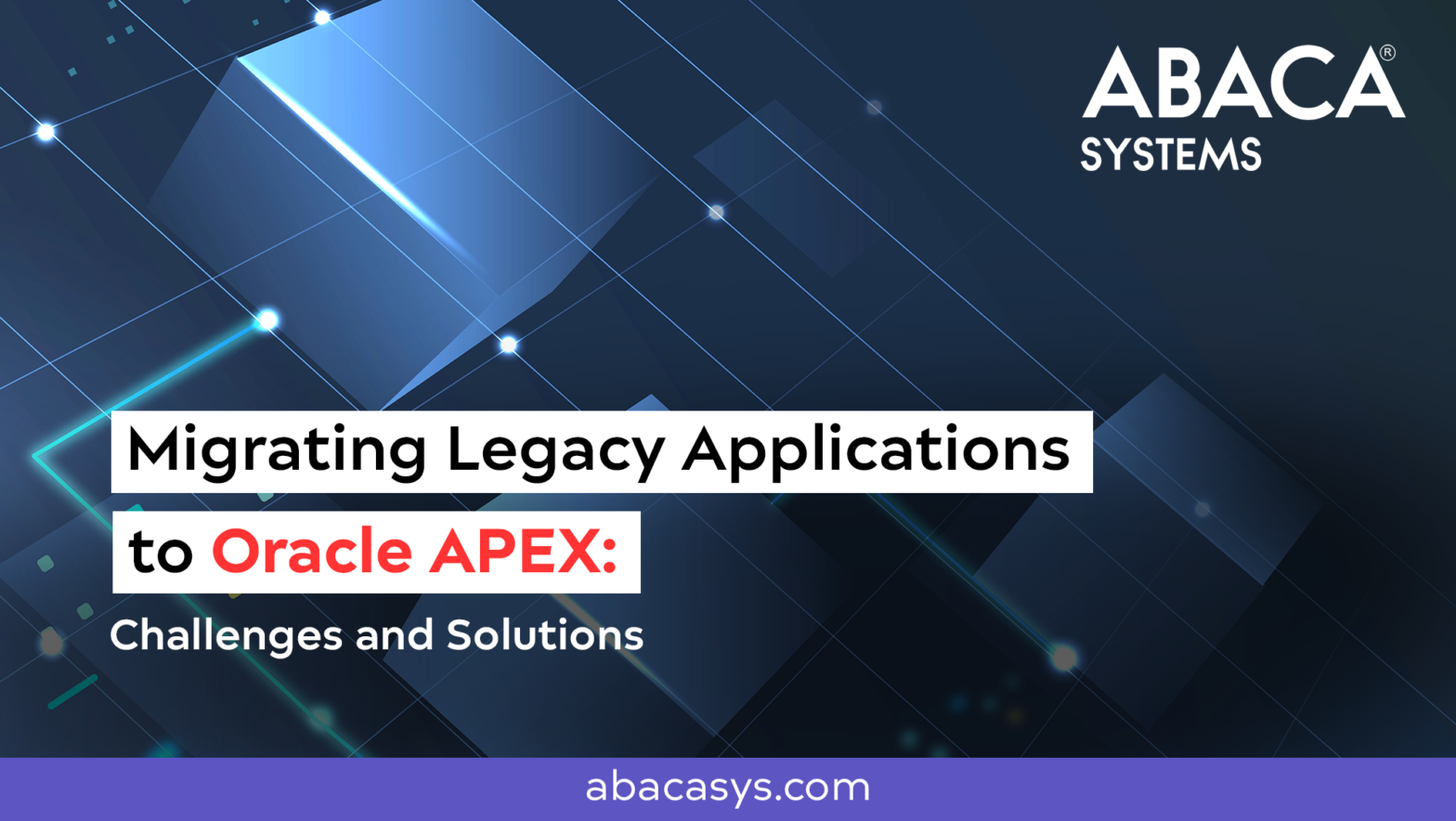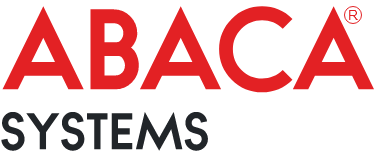Migrating Legacy Applications to Oracle APEX: Challenges and Solutions

Legacy applications can be migrated to modern platforms like Oracle APEX. Legacy applications are usually associated with high maintenance costs, lack of scalability, and incompatibility with modern technologies. Oracle APEX (Application Express) is a low-code, robust platform for modernizing these applications while improving performance and user experience. However, the migration process has its own set of challenges. This article explores these challenges and provides solutions to ensure smooth migration.
Why Migrate to Oracle APEX?
Understand why migrating to Oracle APEX is considered an ideal alternative for legacy application migration below:
- Low-Code Development: With Oracle APEX, the developer does not require extensive coding, which saves him much time while reducing costs.
- Scalability: The platform does not compromise when it scales from a small departmental app to an enterprise-scale solution.
User-Friendly Interface: Modern, Responsive UI Components The platform incorporates modern and responsive UI components that will increase user convenience. - Cost-Effective: Oracle APEX does not require expensive hardware and maintenance of legacy systems.
- Integration with Oracle Database: It is integrated with Oracle Database, which ensures better performance and data security.
However, the migration process is not without its challenges.
Challenges in Migrating Legacy Applications to Oracle APEX
1. Understanding Legacy Systems
Legacy systems are often built using outdated technologies, with limited or no documentation available. Without a proper understanding of the existing system, developers may face problems in recreating the same functionality in Oracle APEX.
Solution: Conduct a detailed audit of the legacy application. Analyze its workflows, features, and database structure. Engage with key stakeholders to understand critical business requirements.
2. Data Migration Issues
Legacy systems may have data in formats that are obsolete or incompatible. The major challenge is to migrate the data into Oracle APEX without losing its integrity.
Solution: Reduce errors through the use of automated data migration tools. Cleanse and validate the data before migration to ensure accuracy. Conduct a pilot migration on a small dataset to test the process.
3. User Resistance to Change
Legacy system users tend to resist change and stay on the old platform. Fear of losing familiar functionality or learning a new system can be a deterrent.
Solution: Engage the end-users at the initial stages of migration. Have training sessions for them on Oracle APEX. Explain the new features and benefits of the new system to alleviate their fears.
4. Re-creating Business Logic
Legacy applications contain complex business logic embedded in their code. Translation of such logic to Oracle APEX takes time and is prone to errors.
Solution: Break the business logic into smaller components that are easier to handle. Replicate the same using low-code tools provided by Oracle APEX, like Process Builder and PL/SQL.
5. Security Issues
Legacy systems might not follow modern security protocols, which can pose a threat to them. Therefore, the migrated application must follow the latest security standards.
Solution: Use built-in security features of Oracle APEX, including role-based access control and encrypted communication. Perform security audits both during and after the migration process to identify and correct vulnerabilities.
6. Performance Optimization
Legacy applications may not work as intended post-migration due to poorly optimized queries, a poor database design, or incompatible configurations.
Solution: Database structure and queries should be optimized during the migration process. Oracle APEX offers performance monitoring tools to pinpoint bottlenecks in application speed.
7. Time and Budget Constraints
A legacy application migration takes substantial time and resources. Surprises that arise in the process cause delays and even budget overruns.
This Solution: Phase the migration, starting with non-critical modules and then moving in order to core functionalities. Prepare your timelines and resource allocation against the costs.
Best Practices for a Successful Migration
- Create a Migration Roadmap: Develop a step-by-step migration plan, mentioning timelines, responsibilities, and deliverables.
- Leverage Oracle APEX Tools: Use Oracle APEX’s built-in tools, such as wizards and templates, to enable easier migration.
- Test Thoroughly: Test the application at every stage of migration to ensure functionality, data accuracy, and performance.
- Work with Experienced Developers: This would involve working with developers who are skilled in Oracle APEX and legacy systems to minimize errors and to streamline the process.
- Document Everything: Maintain detailed documentation of the migration process, including any modifications or enhancements made to the application.
Benefits After Migration
After completing the migration, organizations will be able to enjoy the following benefits:
- Reduced maintenance costs due to Oracle APEX’s modern infrastructure.
- Improved user experience with a responsive and intuitive interface.
- Enhanced scalability to accommodate growing business needs.
- Better integration with modern tools and technologies.
Conclusion
One must say that migrating legacy applications to Oracle APEX is a strategic move. While the process is burdensome, careful planning coupled with the right tools ensures the process is simplified to achieve long-term business success. Oracle APEX modernizes legacy systems as well as adds value because of better performance, higher security, and scalability in its applications.
Abacasys is one of the top Oracle APEX application development companies that support businesses in migrating and streamlining their applications with great ease and efficiency.
